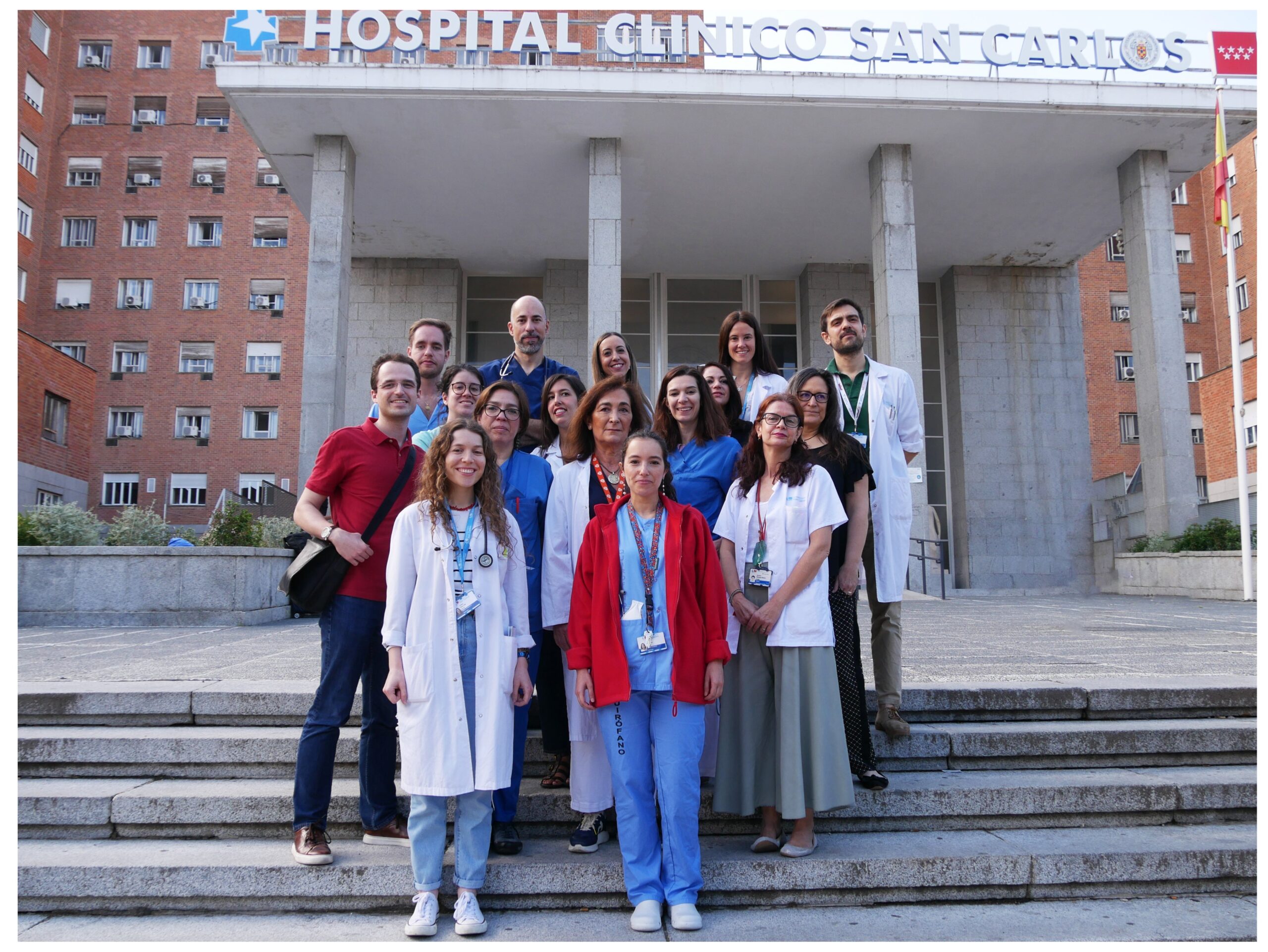Strategic objectives
STRATEGIC OBJECTIVES OF THE TRANSPLANTATION UNIT
- To deepen the study of new immunosuppressive therapies.
- To promote genetic testing in the field of renal transplantation.
- To enhance individualisation of immunosuppression in renal transplantation
- To improve the quality of life of transplanted patients from both asystole and brain-dead donors.
STRATEGIC OBJECTIVES OF THE DIALYSIS UNIT
- To improve dialysis adequacy in both HD and PD.
- To prolong the functioning of vascular access in HD.
- To apply the most effective technique with the least anticoagulation side effects in the HD session.
- To improve the nutritional status of dialysis and ACKD patients.
- To establish prognostic markers of SARS-CoV-2 infection in dialysis and ACKD.
STRATEGIC OBJECTIVES OF THE CLINICAL NEPHROLOGY UNIT
- To further develop new diagnostic and therapeutic strategies in glomerular pathology.
- To slow down the progression of diabetic kidney disease in line with the use of new therapies. To promote research on nephroprotection beyond diabetic kidney disease for these new therapies.
- To strengthen, promote, and study new therapeutic uses of drugs with renal involvement.
- To study renal pathology associated with cancer: epidemiology, diagnosis, and new therapeutic tools.
Lines of research
LINES OF RESEARCH LINKED TO THE STRATEGIC OBJECTIVES OF THE TRANSPLANT UNIT
- To analyse those factors that may have the greatest influence on short- and long-term graft survival.
- To identify the best parameters to provide information on the functional status of the transplanted organ.
- To search for biomarkers to help us establish the right balance between appropriate immunosuppression therapies and a controlled immune response against the graft.
- Kidney transplantation and SARS-CoV2 infection
LINES OF RESEARCH LINKED TO THE STRATEGIC OBJECTIVES:
- To explore dialysis techniques and procedures to reduce protein-bound toxin concentrations in dialysis and ACKD patients.
- To analyse and implement methods to improve the detection and treatment of HD vascular access dysfunction.
- To identify the most efficient techniques for anticoagulation of the HD circuit.
- To identify the best methods for the diagnosis, staging and treatment of malnutrition in HD, PD, and ACKD.
- To determine the value of plasma D-Dimers in SARS-CoV-2 infected patients on ACKD and dialysis.
LINES OF RESEARCH LINKED TO THE STRATEGIC OBJECTIVES:
- Participation in multicentre studies of glomerular pathology, notably:
- Epidemiology, histopathology, and evolution of fibrillary glomerulonephritis in our environment.
- Study of predictors of renal relapse in lupus nephritis.
- Analysis of the use of ISGLT2 in patients with non-diabetic kidney disease.
- Nephrotic syndrome as a paraneoplastic entity.
- Histopathology in patients with cancer and renal disease.
- Analysis of the evolution of immune-mediated nephritis secondary to checkpoint inhibitors: therapeutic strategies.

